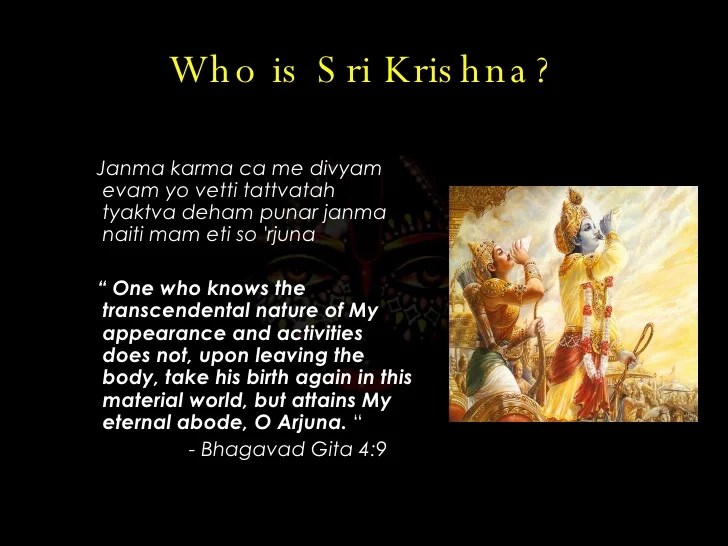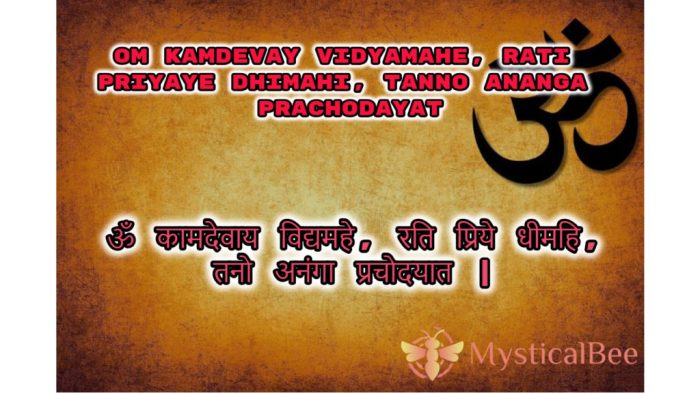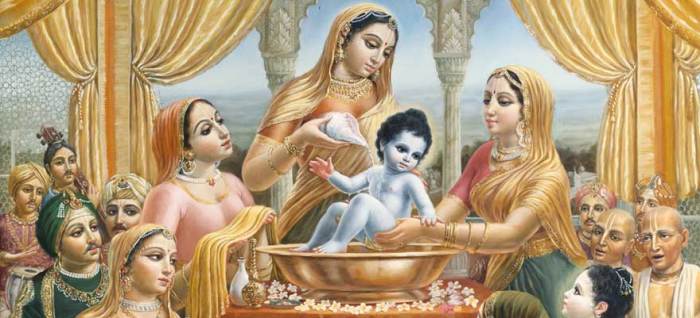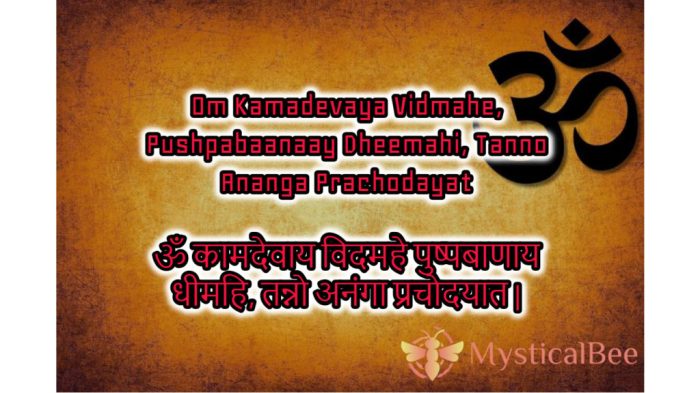Janma karma ca me divyam, a profound Sanskrit phrase, encapsulates the intricate relationship between birth, karma, and the divine. This concept lies at the heart of Hindu philosophy and offers profound insights into the nature of our existence and the path to spiritual evolution.
Karma, in Hinduism, is not merely a mechanical process of cause and effect, but a divine force that guides individuals towards spiritual evolution. It is believed that our actions in this life shape our destiny, not only in the present but also in future incarnations.
Thus, the phrase ‘janma karma ca me divyam’ emphasizes the interconnectedness of our past, present, and future, and the role of karma in shaping our journey.
Meaning of ‘janma karma ca me divyam’
The phrase “janma karma ca me divyam” literally means “my birth and my actions are divine.” This phrase is often used to express the belief that one’s life and actions are predetermined by a higher power.The deeper philosophical meaning behind this phrase is that we are all connected to a larger, divine force that guides our lives.
This force is not something that is outside of us, but rather something that is within us. It is the divine spark that resides in each and every one of us.When we recognize our connection to this divine force, we can begin to live our lives in a more meaningful way.
We can let go of our ego and our attachment to material possessions, and we can focus on living a life that is in harmony with our true nature.
The Importance of Karma
Karma is a Sanskrit word that means “action.” In the context of the phrase “janma karma ca me divyam,” karma refers to the actions that we perform in our lives. These actions can be either good or bad, and they will have a corresponding effect on our future lives.The
law of karma is a universal law that applies to everyone. We cannot escape the consequences of our actions, and we will ultimately reap what we sow. However, we can choose to use our karma to create a better future for ourselves and for others.By
performing good actions, we can create positive karma that will lead to happiness and success in our lives. By avoiding bad actions, we can create negative karma that will lead to suffering and misfortune.The choice is ours. We can either let our karma control us, or we can use it to create a better life for ourselves and for others.
Janma karma ca me divyam, meaning “my birth and action are divine”. This divine nature extends to all aspects of our lives, including our finances. If you’re wondering how much does a 21e cost , know that the answer lies within your divine self.
Trust in the universe and its abundance, and you will always have what you need. Janma karma ca me divyam.
Significance of Birth and Karma in Hinduism

In Hinduism, birth and karma are intertwined concepts that shape the journey of an individual’s soul through multiple lives. Karma, a Sanskrit term meaning “action,” refers to the cumulative effects of one’s thoughts, words, and deeds, both in this life and in past lives.
The Role of Karma in Shaping One’s Destiny
Karma is believed to be the primary determinant of one’s destiny. According to the law of karma, every action has consequences, both positive and negative. Positive karma leads to favorable experiences and circumstances, while negative karma results in challenges and obstacles.
The accumulation of karma over many lifetimes creates an individual’s “karmic account,” which influences their birth, physical appearance, socioeconomic status, and life experiences. By performing virtuous actions and cultivating positive thoughts, one can improve their karmic balance and create a more favorable future.
Birth as a Result of Past Karma
Hinduism teaches that birth is not a random occurrence but rather a consequence of one’s past karma. The specific circumstances of one’s birth, including the family, social class, and physical attributes, are believed to be determined by the accumulated karma from previous lives.
This concept of karma and rebirth provides a framework for understanding the inequalities and suffering in the world. According to Hindu belief, those who suffer in this life may be experiencing the consequences of negative karma from past lives, while those who enjoy good fortune may be reaping the benefits of virtuous actions.
The Divine Nature of Karma

Karma is not merely a mechanical process of cause and effect. It is a divine force that guides individuals towards spiritual evolution. Karma is not about punishment or reward, but about learning and growth. It is a way for us to experience the consequences of our actions and to learn from our mistakes.
Karma can lead to both positive and negative outcomes. When we act in a virtuous way, we create positive karma, which will lead to positive experiences in the future. When we act in a negative way, we create negative karma, which will lead to negative experiences in the future.
Examples of Karma
- If we help others, we will create positive karma, which will lead to good things happening to us in the future.
- If we harm others, we will create negative karma, which will lead to bad things happening to us in the future.
The law of karma is not always easy to understand, but it is a powerful force that can help us to live more fulfilling and meaningful lives. By understanding the law of karma, we can learn to make choices that will lead to positive outcomes for ourselves and others.
Implications for Spiritual Practice

The understanding of ‘janma karma ca me divyam’ can profoundly influence one’s spiritual practice. It emphasizes the divine nature of karma, providing a framework for spiritual growth and liberation.
Accepting Karma with Grace
Recognizing the divine nature of karma encourages acceptance of one’s circumstances. By understanding that karma is not a punishment but a reflection of past actions, individuals can release negative emotions such as resentment or blame. Acceptance allows for a deeper connection with the present moment and facilitates spiritual growth.
Transcending Karma through Spiritual Practices, Janma karma ca me divyam
While karma plays a significant role in shaping one’s life, it is not an unbreakable barrier. Through spiritual practices such as meditation, devotion, and selfless service, individuals can transcend the limitations of karma and cultivate a higher state of consciousness.
- Meditation:By calming the mind and cultivating inner silence, meditation helps one to transcend the ego and its attachments to karma.
- Devotion:Surrendering to a higher power or deity can provide guidance and support in overcoming karmic obstacles.
- Selfless Service:Engaging in selfless acts without expectation of reward can create positive karma and break the cycle of negative karma.
By embracing the understanding of ‘janma karma ca me divyam,’ individuals can approach spiritual practice with a sense of grace, acceptance, and liberation. It empowers them to navigate the complexities of karma and strive for a higher state of spiritual consciousness.
Comparative Perspectives

The concept of ‘janma karma ca me divyam’ finds resonance in various spiritual traditions across the globe. The idea of karma and destiny, while sharing certain similarities, manifests in unique ways within different cultures.
Karma and Rebirth
- In Buddhism, karma refers to intentional actions that shape an individual’s future experiences and rebirths. The concept of rebirth is central to the Buddhist understanding of karma, as actions in one life determine the circumstances of the next.
- Hinduism also emphasizes the cycle of birth, death, and rebirth, with karma influencing the nature of each incarnation. The Bhagavad Gita teaches that one’s past actions determine their current life, and present actions shape their future destiny.
- Jainism, too, recognizes the role of karma in shaping one’s existence, believing that karma accumulates through actions and thoughts, influencing the soul’s journey through countless lives.
Divine Nature of Karma
While many spiritual traditions acknowledge the influence of karma, the idea of its divine nature is unique to Hinduism. The phrase ‘janma karma ca me divyam’ implies that the karma of an individual is not merely a result of their actions but is also ordained by the divine.
- In the Bhagavad Gita, Lord Krishna explains that the divine manifests through karma, guiding individuals towards their ultimate destiny. This perspective emphasizes the interconnectedness of all beings and the role of divine grace in shaping human experiences.
- In contrast, some other spiritual traditions view karma as a purely mechanistic process, governed by the law of cause and effect, without divine intervention.
Implications for Spiritual Practice
The understanding of karma and destiny has profound implications for spiritual practice in different traditions.
- In Buddhism, the focus is on cultivating wisdom and compassion to break the cycle of karma and achieve liberation from suffering.
- In Hinduism, the emphasis is on fulfilling one’s dharma (righteous duty) and engaging in selfless actions to purify karma and attain spiritual realization.
- In Jainism, the emphasis is on non-violence, self-control, and austerities to reduce the accumulation of karma and attain liberation.
By exploring the comparative perspectives on ‘janma karma ca me divyam,’ we gain a deeper understanding of the human condition and the diverse ways in which different spiritual traditions approach the concepts of karma and destiny.
FAQ Overview
What is the literal meaning of ‘janma karma ca me divyam’?
The phrase means “my birth and karma are divine.”
How does karma shape our destiny?
Karma is believed to determine the circumstances of our birth, our life experiences, and our future incarnations.
Is karma a purely mechanical process?
No, karma is seen as a divine force that guides us towards spiritual evolution.